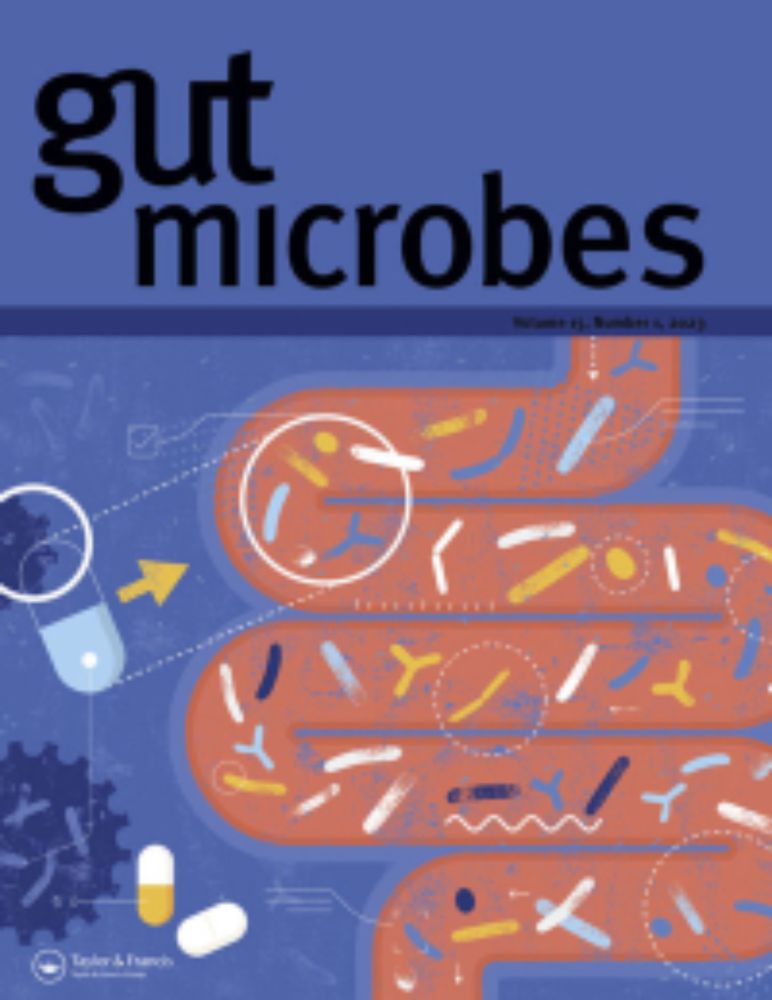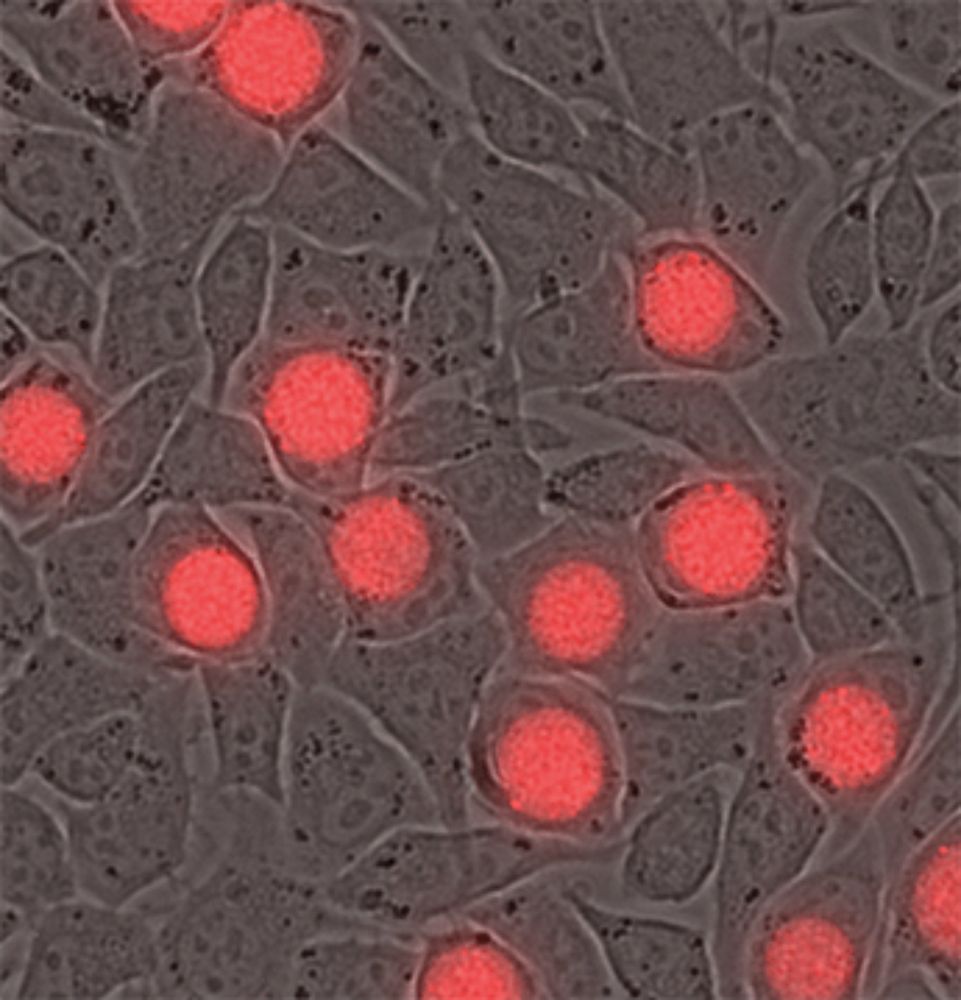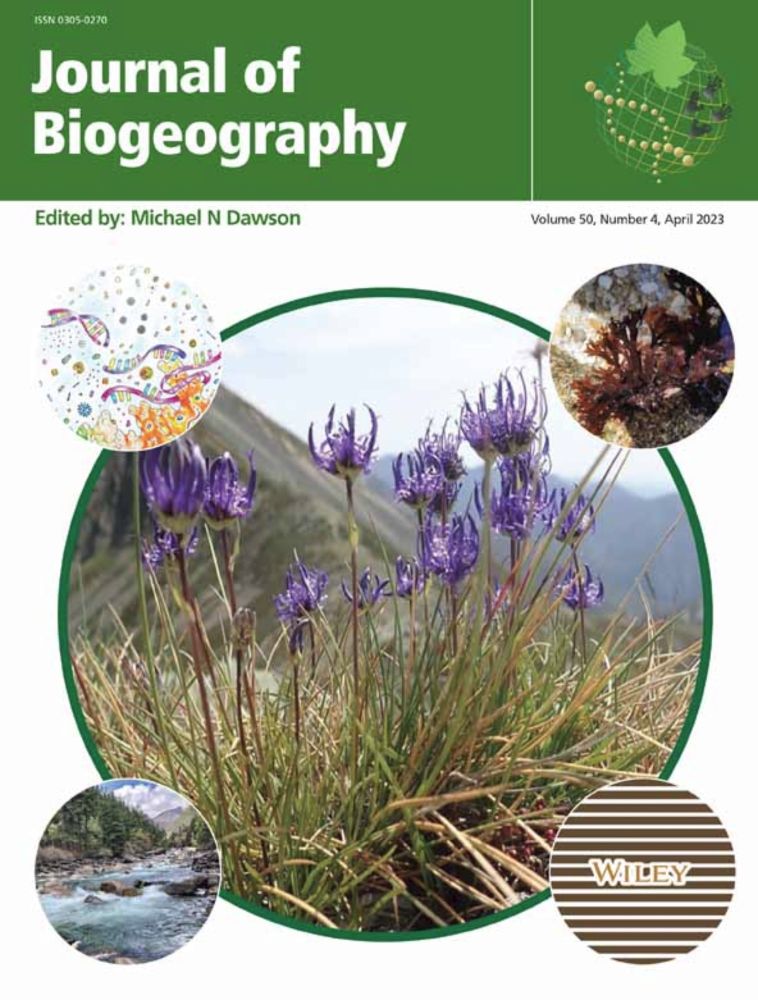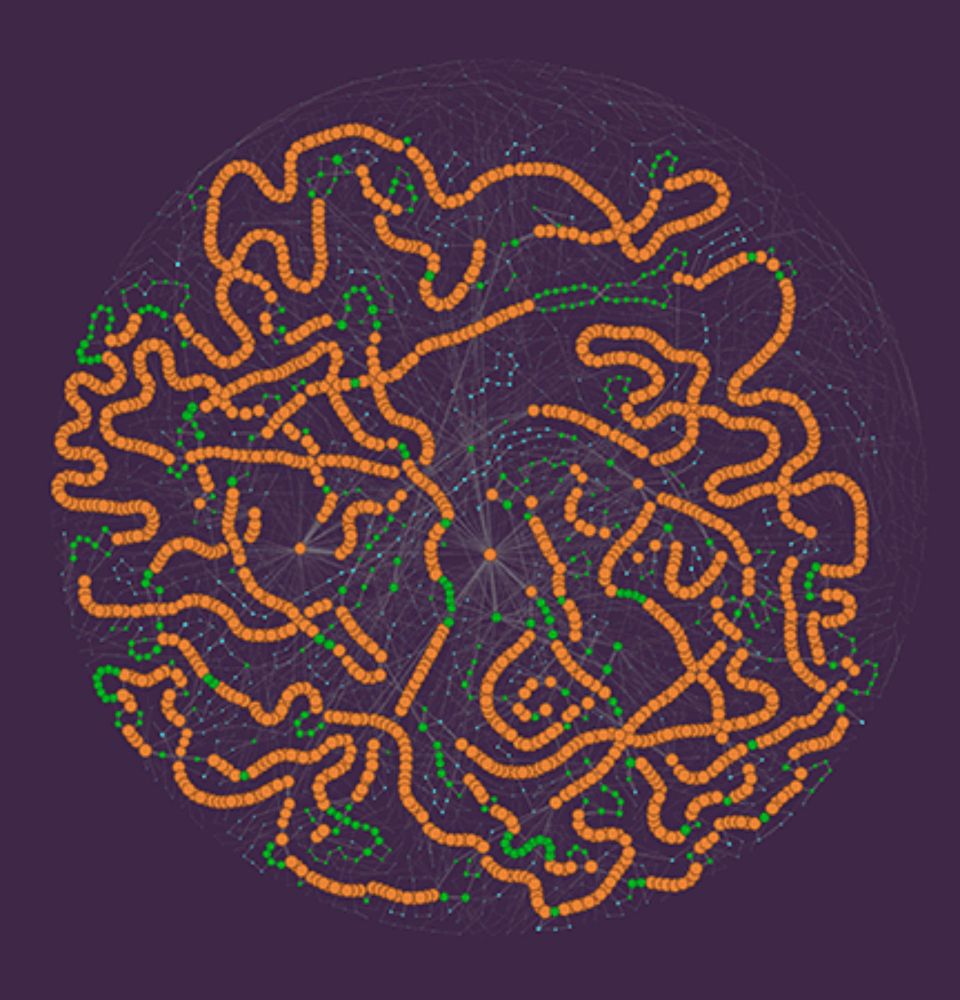
beneficialmicrobes.events/advisory-com...
beneficialmicrobes.events/advisory-com...
#BeneficialMicrobes

#BeneficialMicrobes
#BeneficialMicrobes
#BeneficialMicrobes
#BeneficialMicrobes

#BeneficialMicrobes
Shruthi Magesh from the Handlesman lab (which I inferred when I saw Handlesman taking a photo of her student, such a great #ProudPI moment) tells us a fascinating story about multi-species biofilms. Love the name of the communities, zorbs, from: www.nature.com/articles/s41...

Shruthi Magesh from the Handlesman lab (which I inferred when I saw Handlesman taking a photo of her student, such a great #ProudPI moment) tells us a fascinating story about multi-species biofilms. Love the name of the communities, zorbs, from: www.nature.com/articles/s41...
dashboard.diaper-project.com/signup
dashboard.diaper-project.com/signup

#BeneficialMicrobes
#BeneficialMicrobes
journals.asm.org/doi/full/10....
#BeneficialMicrobes

journals.asm.org/doi/full/10....
#BeneficialMicrobes
academic.oup.com/gbe/article/...
#BeneficialMicrobes

academic.oup.com/gbe/article/...
#BeneficialMicrobes
#beneficialMicrobes
#beneficialMicrobes
#beneficialMicrobes
#beneficialMicrobes
#BeneficialMicrobes

#BeneficialMicrobes
onlinelibrary.wiley.com/doi/full/10....
#BeneficialMicrobes

onlinelibrary.wiley.com/doi/full/10....
#BeneficialMicrobes
#BeneficialMicrobes
#BeneficialMicrobes
www.ncbi.nlm.nih.gov/pmc/articles...
#BeneficialMicrobes

www.ncbi.nlm.nih.gov/pmc/articles...
#BeneficialMicrobes
#BeneficialMicrobe
#BeneficialMicrobe
journals.biologists.com/jeb/article/...

journals.biologists.com/jeb/article/...
journals.asm.org/doi/full/10....

journals.asm.org/doi/full/10....
pubmed.ncbi.nlm.nih.gov/26977108/
pubmed.ncbi.nlm.nih.gov/34031036/
pubmed.ncbi.nlm.nih.gov/26977108/
pubmed.ncbi.nlm.nih.gov/34031036/
I really like the fact that a lot of the talks include unpublished work, but it makes it harder to post about!
I really like the fact that a lot of the talks include unpublished work, but it makes it harder to post about!

